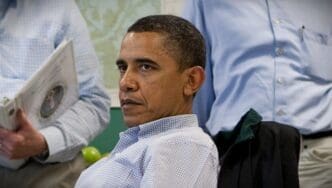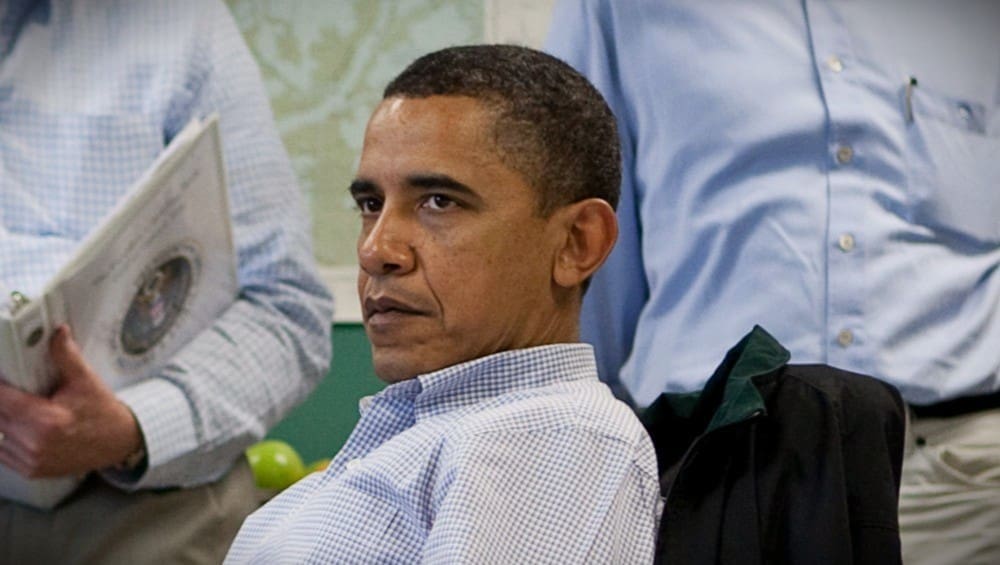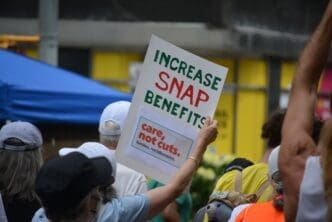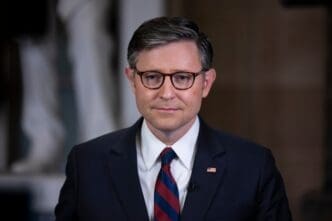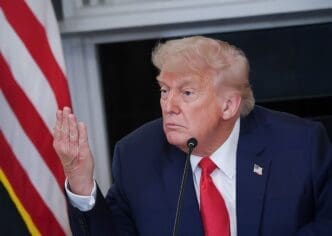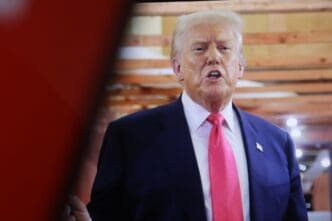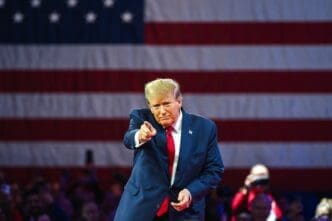In an extraordinary escalation of political hostilities, former President Barack Obama’s office has issued a rare and forceful rebuke to President Donald Trump, who accused his predecessor of committing “treason” in connection with the origins of the federal investigation into Russian interference in the 2016 election. President Trump’s allegations, which he made public on Tuesday, were reportedly fueled by newly declassified documents from Director of National Intelligence Tulsi Gabbard. In response, a spokesperson for Obama labeled the accusations as “bizarre” and a politically motivated effort to distract from other matters facing the current administration.
The Heart of the Accusation
The conflict centers on President Trump’s long-held assertion that the investigation into his 2016 campaign’s ties to Russia was a politically motivated “witch hunt” designed to undermine his presidency. On Tuesday, he intensified this claim by directly accusing former President Obama of being the “ringleader” of the entire affair.
President Trump declared that Obama was “guilty” of “treason,” one of the most serious crimes defined in the U.S. Constitution. These claims followed the declassification of intelligence documents by DNI Gabbard, which, according to her, demonstrate that the Obama administration’s national security team “manufactured and politicized intelligence” to build the Russia-gate narrative.
Understanding the Charge of Treason
Legally, treason is a uniquely specific and severe charge. The U.S. Constitution defines it as “levying War against [the United States], or in adhering to their Enemies, giving them Aid and Comfort.” A conviction requires the testimony of two witnesses to the same overt act or a confession in open court.
Historically, the charge has been used very rarely and is reserved for acts of war or betrayal to a foreign enemy. Political scientists and legal experts note that while the term is often used in heated political rhetoric, the legal standard for proving it is exceptionally high and unlikely to apply to the actions described by President Trump.
A Forceful and Unusual Response
The office of former President Obama, which has largely adhered to a policy of not engaging with President Trump’s frequent criticisms, broke its silence to address the gravity of the treason allegation. A spokesperson for Obama called the claims a “weak attempt at distraction” and fundamentally baseless.
“Out of respect for the office of the presidency, our office does not normally dignify the constant nonsense and misinformation flowing out of this White House with a response,” the statement read. “But these claims are outrageous enough to merit one.” This direct engagement signals how seriously Obama’s team views the accusation.
The DNI, Tulsi Gabbard, later dismissed the former president’s response during a television interview, characterizing it as “the art of deflection.”
The Legal and Political Context
While the political rhetoric has reached a fever pitch, the legal realities present significant barriers to any formal action. The Department of Justice has given no indication that it is pursuing a formal investigation into former President Obama based on these claims.
Furthermore, legal analysts point to established precedent that largely protects presidents from prosecution for official acts they undertook while in office. A Supreme Court opinion from the previous year reaffirmed the principle of presidential immunity, which shields former chief executives from legal challenges related to their governmental duties.
A Backdrop of Distraction?
Obama’s spokesperson suggested the allegations were timed to divert public attention. The assertion comes as the Trump administration is reportedly navigating difficult questions regarding its handling of government files connected to the late convicted sex offender Jeffrey Epstein.
This pattern of deploying a major accusation during a period of negative news coverage is a political tactic often used to shift the media narrative and rally a political base. Critics of President Trump argue this instance is a clear example of that strategy in action.
This public and deeply personal clash between a sitting president and his immediate predecessor marks a significant departure from historical norms. The accusation of treason, once confined to the most extreme acts against the state, has now fully entered the partisan political arena, reflecting a new level of polarization in American public life and raising questions about the long-term impact on the institutions of government.

